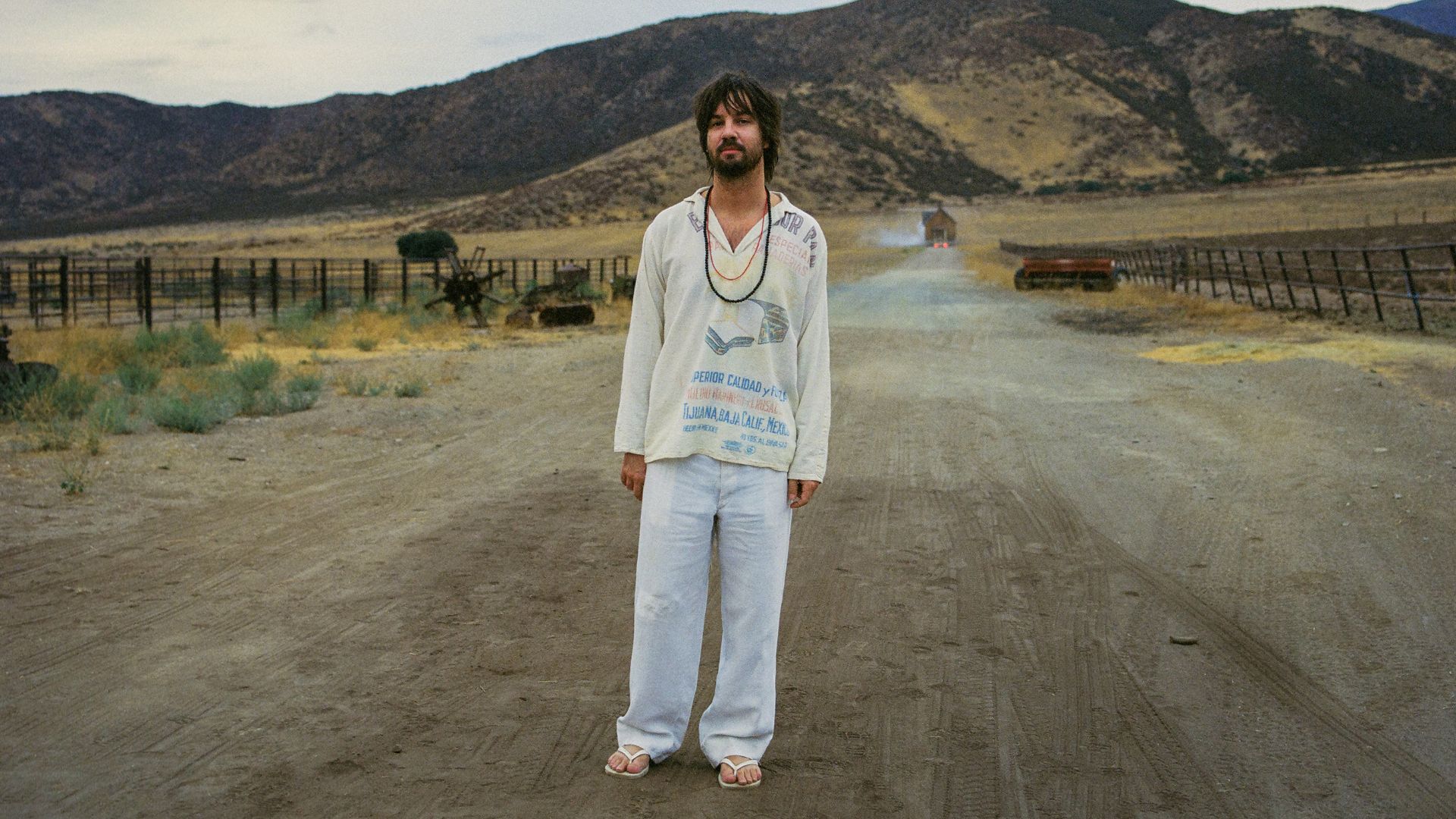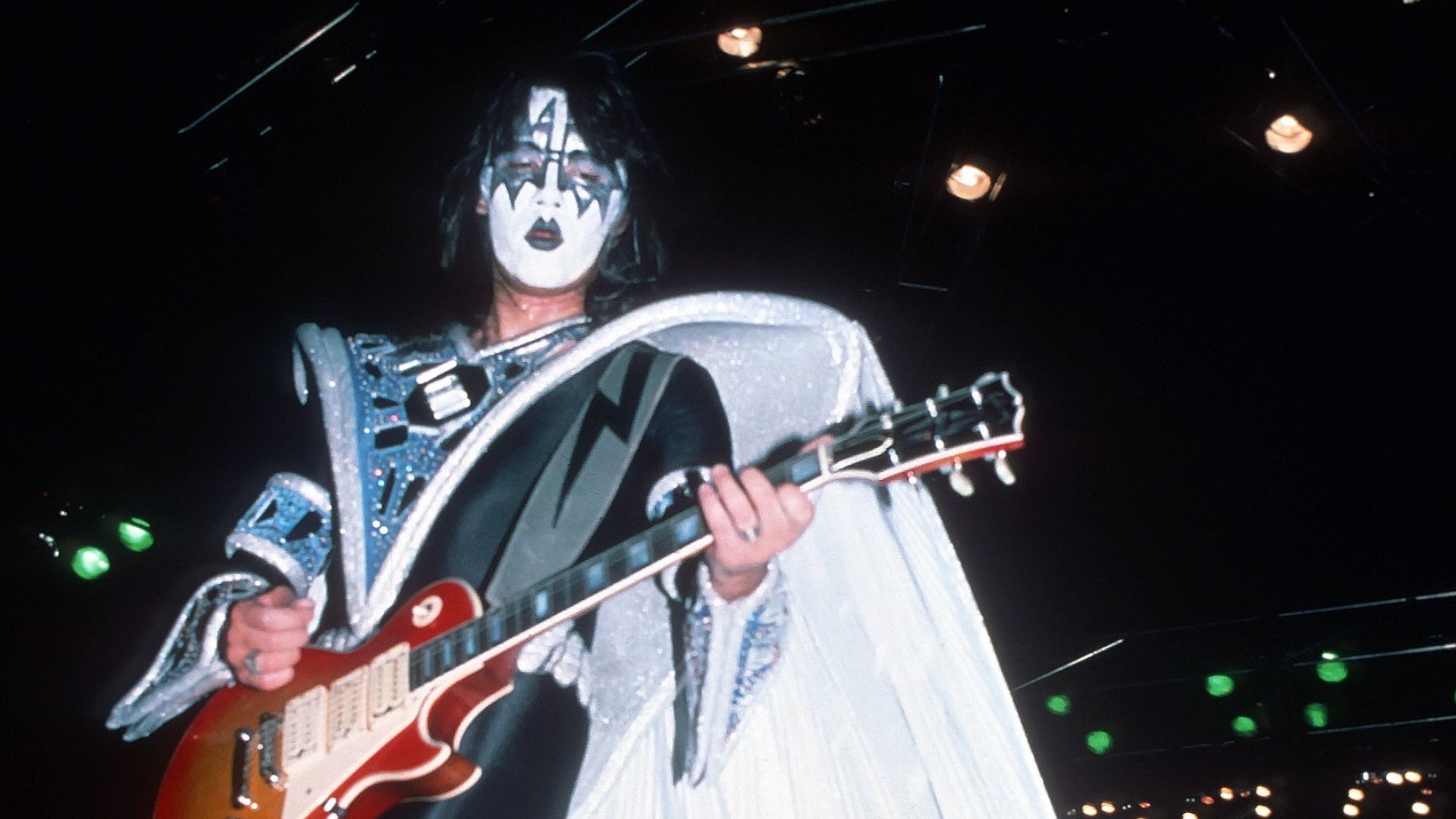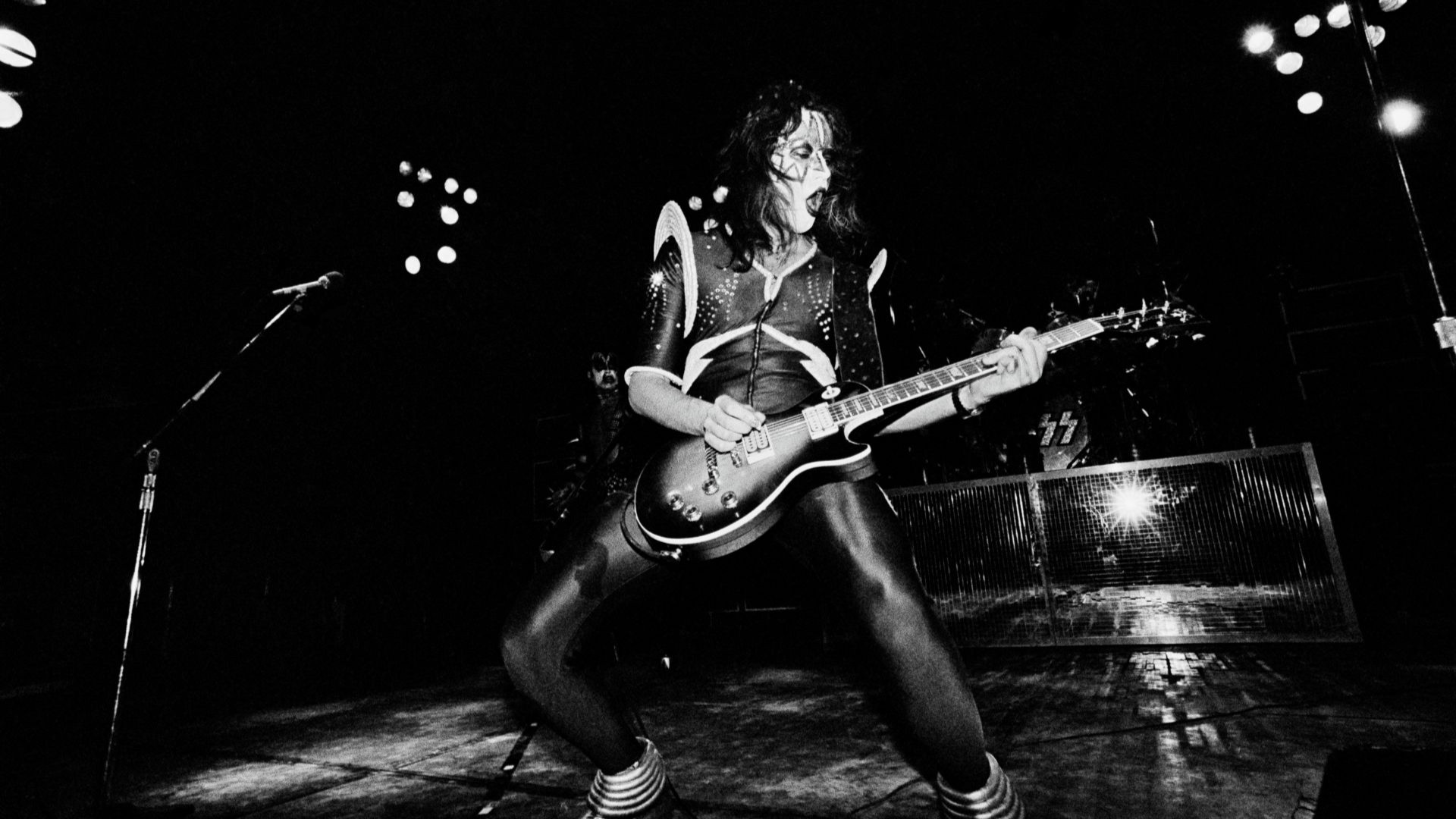In an exclusive interview with Rolling Stone Brasil, Kevin Parker commented on inspirations, creative risks and the search for beauty in everyday life in his new album
It didn’t even seem like Kevin Parker He was one of the greatest producers of contemporary music. Much less that he would release, in a few days, the album with more than a million pre-saves on Spotify — the most saved in the world. But there he was, his voice still choked with sleep, calm and in a good mood. The multi-instrumentalist, known as Tame Impalaspoke exclusively to Rolling Stone Brazil about your new studio album, Deadbeatand his moment in his career.
After four albums, songs with billions of reproductions, some nominations for Grammy and a victory in 2024, Kevin Parker decided to launch another project — five years after The Slow Rush (2020).
If his past works focused on great reflections on time and space during introspective psychedelic journeys, his new album, released in the early hours of this Friday, the 17th, turns his attention to the simplicity of routine.
Kevin, The Slow Rush reflects on time and Deadbeat looks at emotions and everyday life. Was it more difficult to find poetry in your routine?
No, definitely not. I think there is beauty in everyday things. Everyday things are where our life is—that’s where it is now. It may be difficult to see the beauty in this, but the poetry is there.
You can notice several influences throughout the album, especially in the beats and inspired textures more focused on acid house from the 1990s. What was it like for you to revisit these ideas within the Tame Impala universe?
It was really fun. I think Tame Impala’s music on all my albums fits very well with the kind of hypnotism of early ’90s trance. Because for me, it’s all music that’s made to transport you — to take you out of the place you’re physically in.
And you talked about the theme and influences, but what really happened for you to decide to create Deadbeat?
I just trust the feeling of when the time is right. Making albums is the most important thing I do in my life, so when it’s time, it’s time.
Deadbeat is much more direct and minimalist compared to Currents (2015) and The Slow Rush (2020), for example. And that led me to the next question: where does this come from? Maturity or the willingness to take risks?
I think it’s probably both, but probably more the second. As I matured, I developed more of a taste for taking risks.
Here you dived into electronic music once and for all, following a different path than recent releases. When did you realize that the project would continue with this sound?
It was right at the beginning. It was just something I love to do, you know? I was always looking for something new and exciting for myself that I hadn’t done before. I’ve always loved electronic music, because I’ve always loved dance music — but I just didn’t have the confidence to pursue it. And this time I just thought, “Why not?”
Listening to the album, this new sound becomes clear, but there is one song that is very different from the others: “Etherion Connection”. Why put her in this project?
I simply wanted to. I can spend a lot of time deciding what’s best artistically for an album, but at the end of the day you just have to do what feels right and what you want to do as an artist. Part of being an artist is following your heart. Making it a full techno track and putting it on the album — that’s what my art wanted.
And now talking about the singles you released, Looser, Dracula and End of Summer. How and why did you choose these in particular?
I chose one at a time. “End of Summer” was the first thing I wanted people to hear because I thought it was a good introduction to the album — even though it was the last track. It just seemed like a bold statement. And “Dracula” was the first pop single I wanted people to hear. It was supposed to be the second one, actually, but we couldn’t finish the music video in time. We had to build a huge house and put it on the back of a truck.
The whole album has a very light and danceable atmosphere, but here the self-deprecating lyrics still appear — including in the title. What is the relationship between this? Is it irony?
For me it’s not irony, it’s like a contradiction. I love putting beautiful music behind a simple and sometimes negative word. To me it makes the word seem more beautiful — it gives the word a new meaning.
And for you, what is the element that, if removed, would make the album stop being a psych club and become just psychedelic pop?
Hmm, I don’t know. I really don’t know. Good question! [pausa] The obvious answer is drum machines. Okay, but I wanted to give you a less obvious answer. So I think probably all the distortion.
Changing the subject a little, the album has drier and more minimalist textures that, at the same time, are dense. How did you manage to find a balance in this sense?
I cared a lot about the groove. For this album in particular, I cared a lot about making the drums sound good — like something you could dance to. I love danceable psychedelic pop. I love things that have lots of layers. So it’s like trying to stay on top of two things at once — something that can make you float, but also make you dance.
And now with his fifth album being released. What remains about Tame Impala since the release of your first project? Any ideas, beliefs, desires, challenges?
I guess it’s just me [risos]. That’s the only thing I can count on as being the consistent element. All things change — I change as a person, my taste evolves. People tell me I have a songwriting style, but I can’t hear it. I can only believe people when they tell me there is one. And of course, there are still challenges. Keeping a good perspective, keeping the right balance — being able to stay clear-headed and also get lost in it. Because getting lost in it is also important.
+++READ MORE: In Deadbeat, Tame Impala exchanges great reflections for everyday poetry
-
kevin parker
-
tame impala
Source: Rollingstone
Earl Johnson is a music writer at Gossipify, known for his in-depth analysis and unique perspective on the industry. A graduate of USC with a degree in Music, he brings years of experience and passion to his writing. He covers the latest releases and trends, always on the lookout for the next big thing in music.









